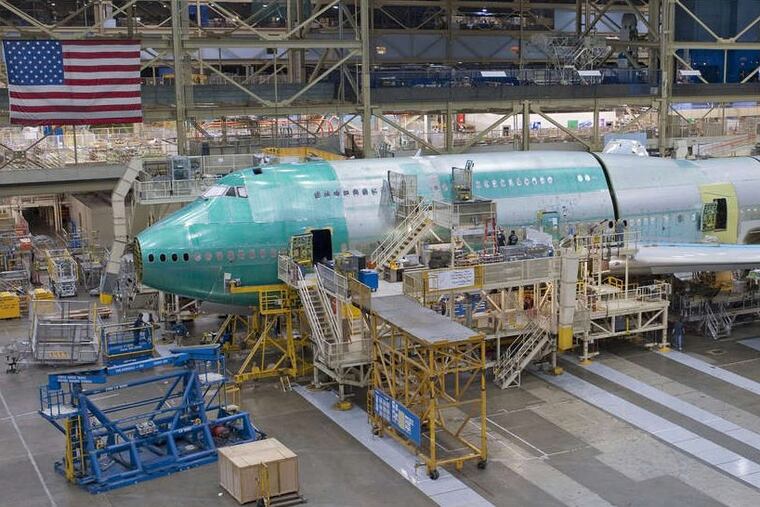Dow Jones index breaks 26,000: Tech, health care firms help lift US stocks
The Dow's surge on Wednesday was driven in part by a big gain in Boeing. Taxes also drove much of the action.

Stocks closed higher on Wall Street, sending the Dow Jones industrial average to its first close above 26,000 points.
The Dow's surge on Wednesday was driven in part by a big gain in Boeing.
It's been just eight trading days since the Dow had its first close above 25,000.
Technology stocks were again some of the biggest winners. Microsoft rose 2 percent.
The Dow rose 332 points, or 1.3 percent, to 26,115.
The Standard & Poor's 500 rose 26 points, or 0.9 percent, to 2,802.
The Nasdaq composite gained 74 points, or 1 percent, to 7,298.
The S&P 500 Index posted its biggest gain since November, while the Dow Jones Industrial Average rose more than 300 points to close above 26,000 for the first time. Semiconductor shares paced gains, taking the Nasdaq indexes to records.
Taxes drove much of the action. Financials were strong after Bank of America Corp. beat estimates and indicated that it could benefit from the U.S. tax overhaul by reducing pressure to cut future costs. And Apple Inc. climbed after saying that under
the rules of the new tax plan it will bring hundreds of billions of dollars back to the U.S. from overseas to invest in jobs and facilities.
"We're all really trying to figure out the real impact off tax reform on some of the major sectors," said Jamie Cox, a managing partner for Harris Financial Group in Richmond, Virginia. "Financials in particular have been in the news because you've
seen some weird things with some of their deferred tax assets being reported in earnings. I think a lot of people misunderstood and don't understand how the deferred tax assets work, and so they're seeing these massive charges that the banks are taking
as a result of tax reform and they can't see too clearly into the future about how much the impact on tax reform is going to have on their bottom line three quarters from now."
The Stoxx Europe 600 Index was down slightly. Support came from the weaker euro, which was dragged down by some verbal intervention from the ECB, while the yen and Swiss franc were among the other major currencies falling against the greenback.
Bitcoin dropped below $10,000 for the first time since Dec. 1, but then bounced back above the threshold.
Money managers expect the equities rally to continue, particularly with analysts predicting growth of 11 percent in earnings per share over the next two years, according to Bloomberg Intelligence calculations.
"A lot of the move that we've been seeing has been just the beginning," said John Stoltzfus, chief market strategist at Oppenheimer & Co. "It's hard to quantify, but we see some evidence of bull market bears as well as skeptics of this bull market
finally beginning to capitulate. And when that capitulation starts, it's a process."
Meanwhile bond investors are mulling the potential for monetary policy in the U.S. to tighten faster than expected and settling their nerves after last week's selloff. The notion of a bear market doesn't seem to have endured — the yield curve
steepening barely lasted a day.
Elsewhere, West Texas crude slipped before U.S. government data forecast to show stockpiles fell for a ninth week.
Britain's 10-year yield added less than one basis point to 1.308 percent.
Commodities
West Texas Intermediate crude rose 0.2 percent to $63.87 a barrel.
Gold fell 0.7 percent to $1,329.41 an ounce.